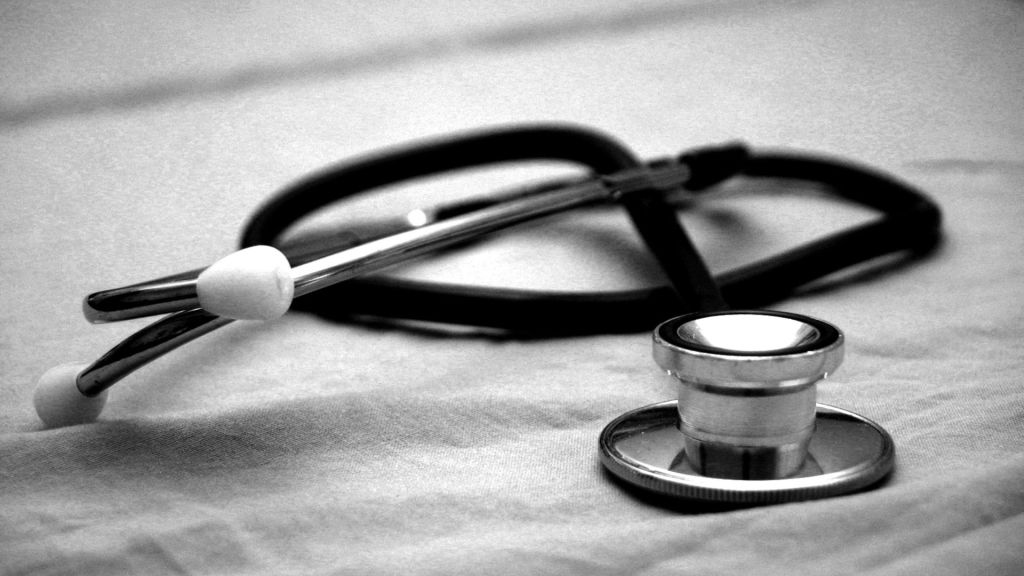By Reginald Williams
Special to the AFRO
The marginalization of Black women in health care continues to be plagued by dismissive medical professionals and practices.
Historically, Black women experience disproportionately poor health outcomes. Stress, pervasive racism, gender discrimination and exclusion from clinical research have far-reaching effects on their overall health. Black women have a more significant chance of dying in childbirth than White women—approximately four times the rate of White women. Approximately 60 percent of those deaths, according to medical experts, are preventable.

In 2021, the maternal mortality rate for Black women was 69.9 deaths per 100,000, a significant jump from the average of 26.6 deaths per 100,000 for White women.
The American Cancer Society reports that about one-third of African-American women experienced racial discrimination from healthcare providers. According to Health Equity Among Black Women in the United States, a Journal of Women’s Health article authored by the National Institute of Health (NIH), the health disparities experienced by Black women are the “reflection of the inequalities experienced by Black women on a host of social and economic measures.”
The lack of quality care provided to Black women extends beyond America’s borders.
Research by the NIH reveals the social determinants of treatment for Black women in Canada, fueled by race evasiveness, are equally concerning. Canada’s healthcare system operates with a colorblind model, behaving as if race is a non-determining factor. The report maintains that Canada’s ideology “denies, minimizes, and ignores how race impacts healthcare for Black women.”
Erin Baker believes she’s been victimized by America’s broken healthcare system.
“Black women are mistreated in healthcare due to systemic racism,” explained Baker, whose medical mishaps included two miscarriages.
After suffering an ectopic pregnancy in 2018, Baker’s obstetrician cautioned her that all future pregnancies would be treated as high risk. However, when Baker became pregnant four years later, she maintained that doctors failed to treat her pregnancy with the medical attention it required.
“My bloodwork wasn’t monitored as it should have been. They weren’t monitoring my HCG (human chorionic gonadotropin) levels as they stated they would. The doctor rushed and did not follow up with care when she couldn’t hear my baby’s heartbeat,” Baker said.
Several weeks later, she miscarried.
“The entire practice let me down,” said Baker. “I was treated as if I hadn’t done what I was supposed to do–when I did everything right.”
Black women are often unheard and made to feel like they’ve done something wrong. They are often victims of medical gaslighting. The ”strong Black woman” narrative is believed to bleed into the psyche of how they are treated. Black women think doctors treat them as if they have a pain tolerance greater than other ethnic groups, resulting in receiving subpar medical care. African-Americans “are systemically undertreated for pain relative to White Americans,” maintains an NIH report.
“When we bring attention to the medical professional about our health issues, it’s seen as complaining or overreacting,” said Baker, CEO and cocktail curator for Pretty Little Bar DMV.
The health disparity faced by Black women in healthcare isn’t exclusive to the care given but also the attached cost. Studies show that nationally, almost one in eight Black women between the ages of 19 and 64 are uninsured. The financial inequities Black women face have radical control over their overall health.
Stephanie Wynn suffers from inflammatory bowel disease. Having to pay almost one thousand dollars for her infusion, Wynn, founder of the Stephanie Wynn Foundation, was asked by the receptionist, a White woman, to step outside the office for a private conversation. Wynn was informed that she was the only patient paying such an exorbitant co-pay.
“For two years, I was paying out of pocket,” said Wynn, whose foundation now works to eliminate healthcare and financial disparities for people with inflammatory bowel diseases in underserved African-American and other marginalized communities.
“I had insurance, but I was underinsured. When someone of another culture or race can see that you are being mistreated, that’s a health disparity,” said Wynn.
If health outcomes for Black women are to grow more favorable, experts suggest they have better access to healthcare and insurance and more representation by Black physicians.
Currently, less than six percent of the doctors are Black, with about 2.8 percent being women.
The post Black women call attention to poor medical outcomes, persistent mistreatment in American healthcare system appeared first on AFRO American Newspapers.











